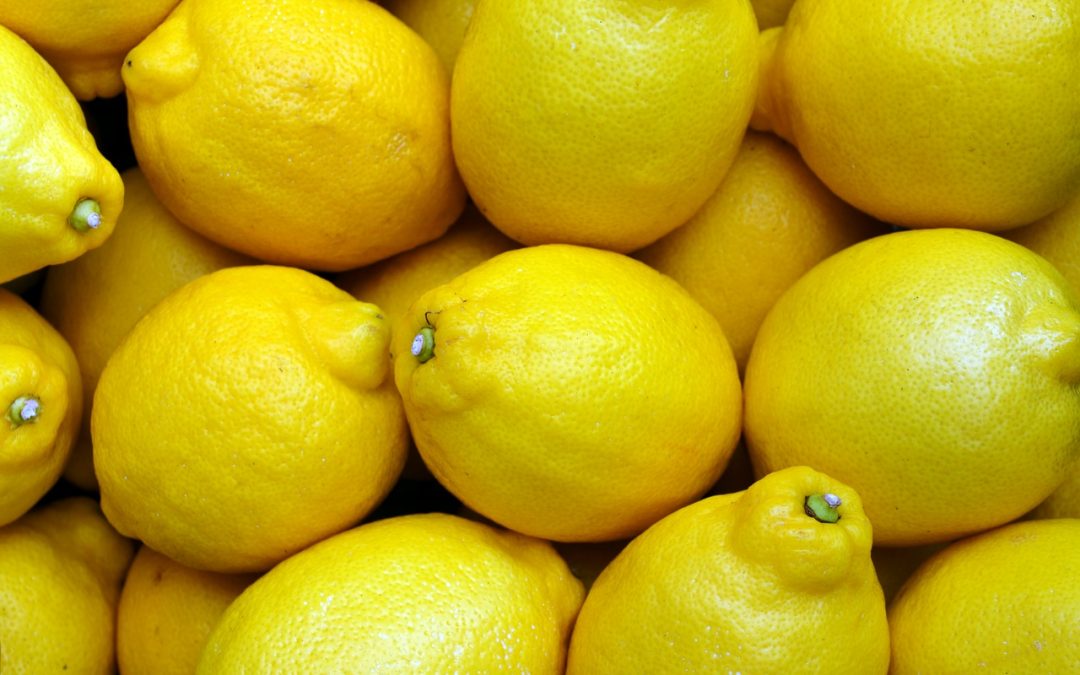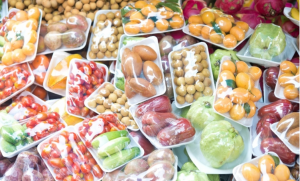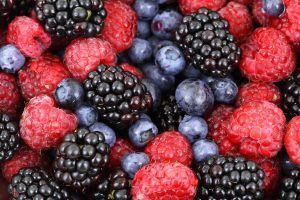
Over-packaging is a key issue – especially when we think about the environment and sustainability. As a packaging company, we know the importance of good and reliable packaging. Many products simply need protection in the form of packaging to be delivered to the consumer in good condition. But what happens when products that don’t need packaging get packaged?

In the food industry in particular, many products are still covered in plastic, whether necessary or not. A trip through any supermarket will make you realise how much plastic is on the shelves.
It may seem paradoxical to package organic products – especially from a sustainable perspective. But how can you actually think sustainability in relation to food packaging? We see two sides of the same coin. First, packaging is often plastic, which we know is very damaging to the environment. On the other hand, packaging helps to extend the shelf life of fruit and vegetables in particular. The packaging helps to retain the water released by the products. Fruit and vegetables continue to breathe after they have been harvested. To slow down the respiration process, you need to ensure that there is a low oxygen level in the packaging. To extend shelf life, packaging is necessary. Without packaging, food waste would increase as so many fruits and vegetables would be discarded. In addition, the law requires a distinction between conventional and organic products. The easiest way to do this is through packaging.
 LØS market is a 100% organic and packaging-free shop that offers the consumer a green purchase. All their products are sold in bulk, which means that LØS market does not bother unnecessary waste. As an alternative to the disposable packaging in which much fruit and vegetables are packed, we offer LØS market packaging that can be used again and again. They have organic cotton bags, glass jars and patent bottles. For the jars and bottles they have a deposit system. LØS market is one of the companies that has taken up the fight against over-packaging.
LØS market is a 100% organic and packaging-free shop that offers the consumer a green purchase. All their products are sold in bulk, which means that LØS market does not bother unnecessary waste. As an alternative to the disposable packaging in which much fruit and vegetables are packed, we offer LØS market packaging that can be used again and again. They have organic cotton bags, glass jars and patent bottles. For the jars and bottles they have a deposit system. LØS market is one of the companies that has taken up the fight against over-packaging.
But what about food waste? LØS market points out that consumers only buy what they need when they can choose the exact number of fruit and vegetables they want. In addition, the price of ‘tired’ fruit is reduced, making it more attractive for consumers to buy it. 20% of all food bought is thrown away.